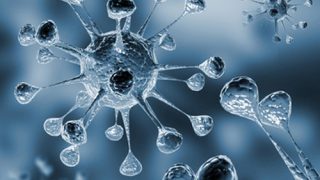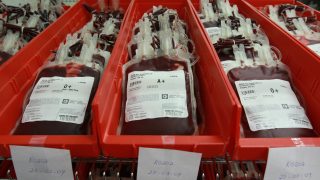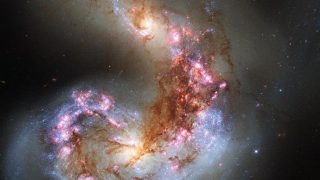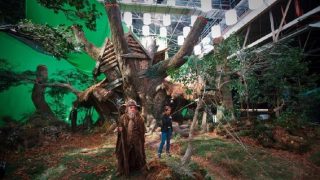
MI weekly selection #85
Humanities & Social Sciences • Science • Technology • Weekly Selection
Gene-editing method could remove HIV from infected cells Scientists have found a way of eliminating HIV from infected cells. Using the CRISPR/Cas9 genome-editing system, researchers removed a fragment of the virus. “These properties may provide a viable path toward a permanent cure for AIDS, and provide a means to vaccinate against other pathogenic viruses,” they […]








